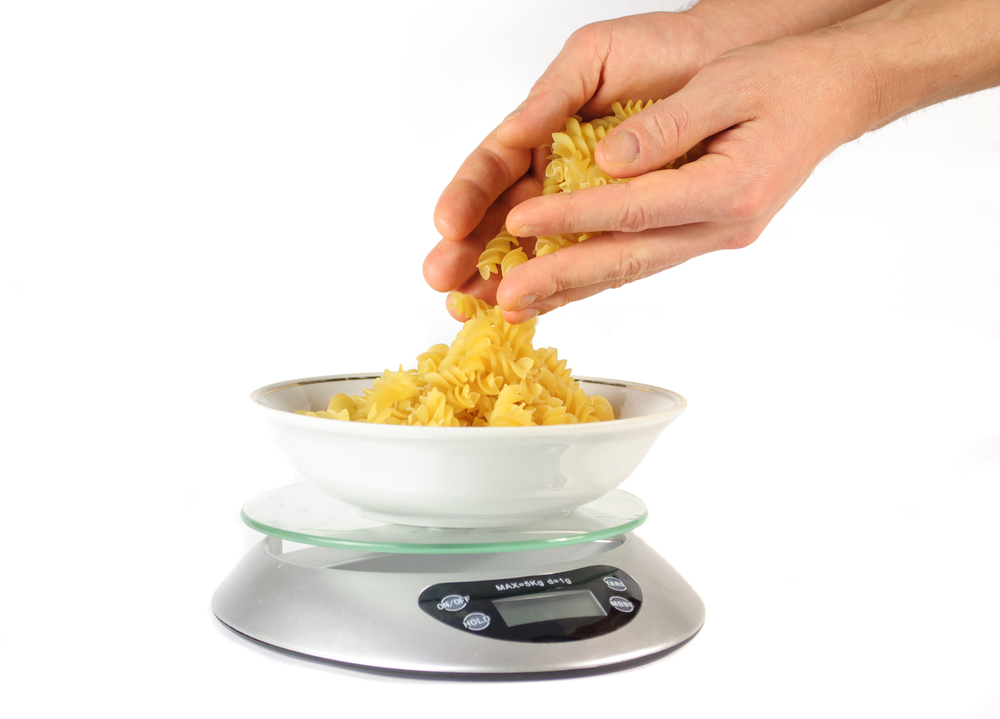What is carbohydrate counting?

As we learned in the previous section, all carbohydrates will be broken down to glucose in the body to provide energy.
Insulin is a hormone that is produced in your pancreas which turns glucose into energy. Insulin regulates your blood glucose level to stop it either getting too high or going too low. It also helps your body store glucose in your muscles, fat cells and liver for future use.
The amount of insulin that the body naturally releases on eating is proportionate to the amount of carbohydrate consumed. When you have type 1 diabetes, your pancreas doesn’t produce any insulin, so you either need to inject it or it is delivered through an insulin pump.
Carbohydrate counting helps you work out the correct amount of insulin needed for each meal, mimicking what the body would do if you didn’t have type 1, keeping glucose levels steady.
Carbohydrate counting may give you more choices and flexibility when planning meals. It involves counting the number of grams of carbs in a meal and matching that to your dose of insulin. Counting carbs can help you manage your blood glucose levels and move away from a fixed dose of insulin regime.
Carbohydrate counting encourages the free choice of food types and portions- e.g. if you wish to have a meal with no carbs (for example, fish and salad) you would not require a dose of insulin.
It also allows flexibility when you want to eat, not restricting you to set mealtimes. If you are concerned about weight or are looking to lose weight, carb counting can allow flexibility to limit your portion size of carbohydrates as long as you are able to carb count and make correct insulin adjustments.
The first step of carbohydrate counting is to identify what foods are carbohydrates and then work out how much of them you are eating.



Leave a Reply
You must be logged in to post a comment.